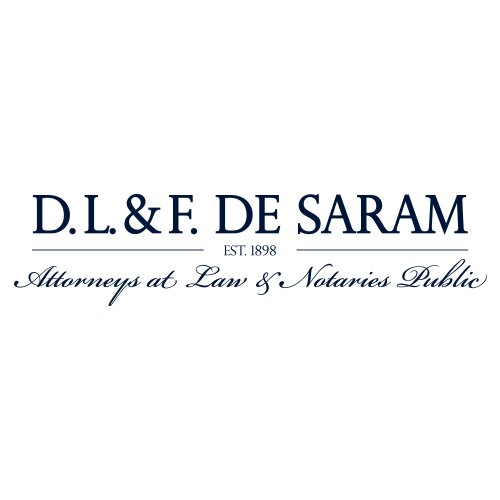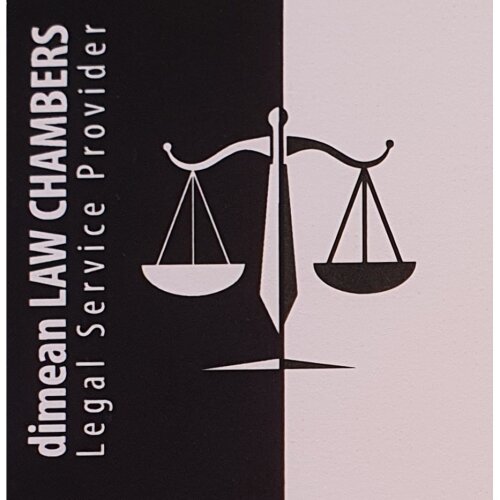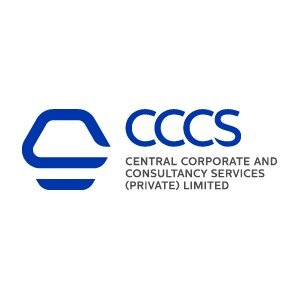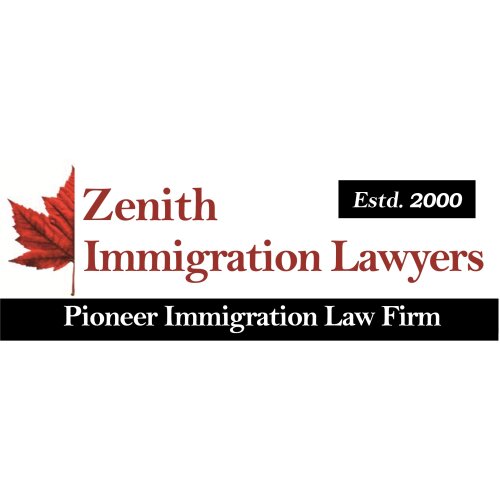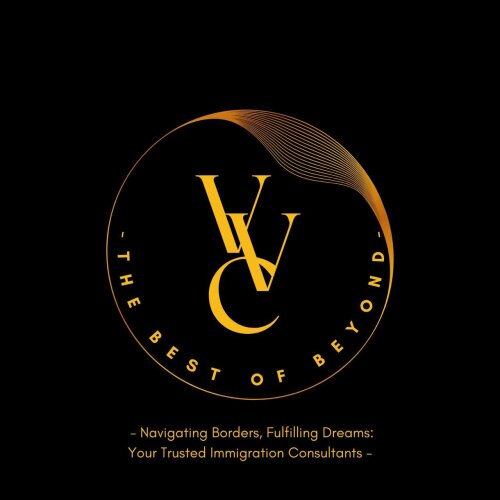Best Citizenship Lawyers in Sri Lanka
Share your needs with us, get contacted by law firms.
Free. Takes 2 min.
Or refine your search by selecting a city:
List of the best lawyers in Sri Lanka
About Citizenship Law in Sri Lanka
Citizenship law in Sri Lanka is governed by the Citizenship Act of 1948 and subsequent amendments. This legal framework outlines how citizenship can be acquired, transferred, and relinquished. Typically, Sri Lankan citizenship can be obtained by birth, descent, registration, or naturalization. The laws are intended to ensure the rights and duties of Sri Lankan citizens while providing pathways for legal residency and citizenship for foreign nationals meeting specific criteria.
Why You May Need a Lawyer
Certain complexities in the citizenship process may necessitate legal assistance. Common situations include:
- Applying for citizenship through registration or naturalization and needing assistance with the process.
- Resolving disputes regarding citizenship status, particularly for children born abroad to Sri Lankan parents.
- Understanding the implications of dual citizenship and ensuring compliance with local regulations.
- Navigating legal procedures in cases of lost or revoked citizenship.
- Dealing with immigration issues that are closely tied with the citizenship status.
Local Laws Overview
Sri Lankan citizenship law focuses on several key areas:
- Birth & Descent: Generally, a person born in Sri Lanka is a citizen by birth if at least one parent is a citizen of Sri Lanka.
- Registration: Foreign spouses of Sri Lankan citizens or individuals with Sri Lankan ancestry can apply for citizenship through registration.
- Naturalization: This process is available under stringent conditions, often requiring residency and demonstration of good character and knowledge of a local language.
- Dual Citizenship: Sri Lanka permits dual citizenship, but applicants must undergo a specific approval process.
- Revocation of Citizenship: Circumstances such as fraud or disloyalty to the state can lead to citizenship being revoked.
Frequently Asked Questions
What is the process to apply for Sri Lankan citizenship by descent?
Applicants must provide proof of Sri Lankan ancestry and birth certificates, along with other documentation, as part of an application process through the Department of Immigration and Emigration.
Can I hold dual citizenship in Sri Lanka?
Yes, but you must apply and be approved for dual citizenship through a formal process, which involves criteria like investment or family reunification.
How long must I reside in Sri Lanka to apply for naturalization?
Generally, it requires a continuous residency of five years before you can apply for naturalization.
Is legal help necessary for citizenship applications?
While not mandatory, legal advice can help navigate complex cases or when significant documentation or advocacy is required.
Can citizenship be revoked in Sri Lanka?
Yes, under circumstances such as fraud in the application, acts of disloyalty, or severe criminal activity.
How do I prove my Sri Lankan citizenship?
Typically, a birth certificate, national identity card, or passport can serve as proof of citizenship.
What is the cost of applying for citizenship or dual citizenship?
Fees vary depending on the specific application category and should be confirmed with the Department of Immigration and Emigration.
Are there language requirements for naturalization?
Applicants often need to demonstrate proficiency in a local language, such as Sinhala, Tamil, or English.
What happens if my citizenship application is denied?
You may appeal the decision or seek judicial review in Sri Lanka's courts, often necessitating legal assistance.
What is the Sri Lankan citizenship registration process for foreign spouses?
It involves marriage registrations, background checks, and complete legal documentation submitted to the relevant government department.
Additional Resources
For further assistance and information, you may contact the following resources:
- Department of Immigration and Emigration, Sri Lanka: The primary governmental body for handling citizenship applications and queries.
- Sri Lanka Bar Association: Can provide referrals to experienced citizenship attorneys.
- Ministry of Internal Affairs: Offers information about laws and regulations relevant to citizenship and residency.
Next Steps
If you find yourself in need of legal counsel for citizenship matters in Sri Lanka, consider the following steps:
- Research and Identify a Lawyer: Look for attorneys specializing in immigration and citizenship law in Sri Lanka.
- Prepare Your Documentation: Gather essential documents such as birth certificates, legal records, and prior correspondence.
- Schedule a Consultation: Arrange a meeting with a lawyer to discuss your specific needs and legal options.
- Review Legal Fees and Services: Ensure transparency on costs and services with potential legal representatives.
- Stay Informed: Keep abreast of any changes in laws or regulations that may affect your citizenship status.
Lawzana helps you find the best lawyers and law firms in Sri Lanka through a curated and pre-screened list of qualified legal professionals. Our platform offers rankings and detailed profiles of attorneys and law firms, allowing you to compare based on practice areas, including Citizenship, experience, and client feedback.
Each profile includes a description of the firm's areas of practice, client reviews, team members and partners, year of establishment, spoken languages, office locations, contact information, social media presence, and any published articles or resources. Most firms on our platform speak English and are experienced in both local and international legal matters.
Get a quote from top-rated law firms in Sri Lanka — quickly, securely, and without unnecessary hassle.
Disclaimer:
The information provided on this page is for general informational purposes only and does not constitute legal advice. While we strive to ensure the accuracy and relevance of the content, legal information may change over time, and interpretations of the law can vary. You should always consult with a qualified legal professional for advice specific to your situation.
We disclaim all liability for actions taken or not taken based on the content of this page. If you believe any information is incorrect or outdated, please contact us, and we will review and update it where appropriate.
Browse citizenship law firms by city in Sri Lanka
Refine your search by selecting a city.



